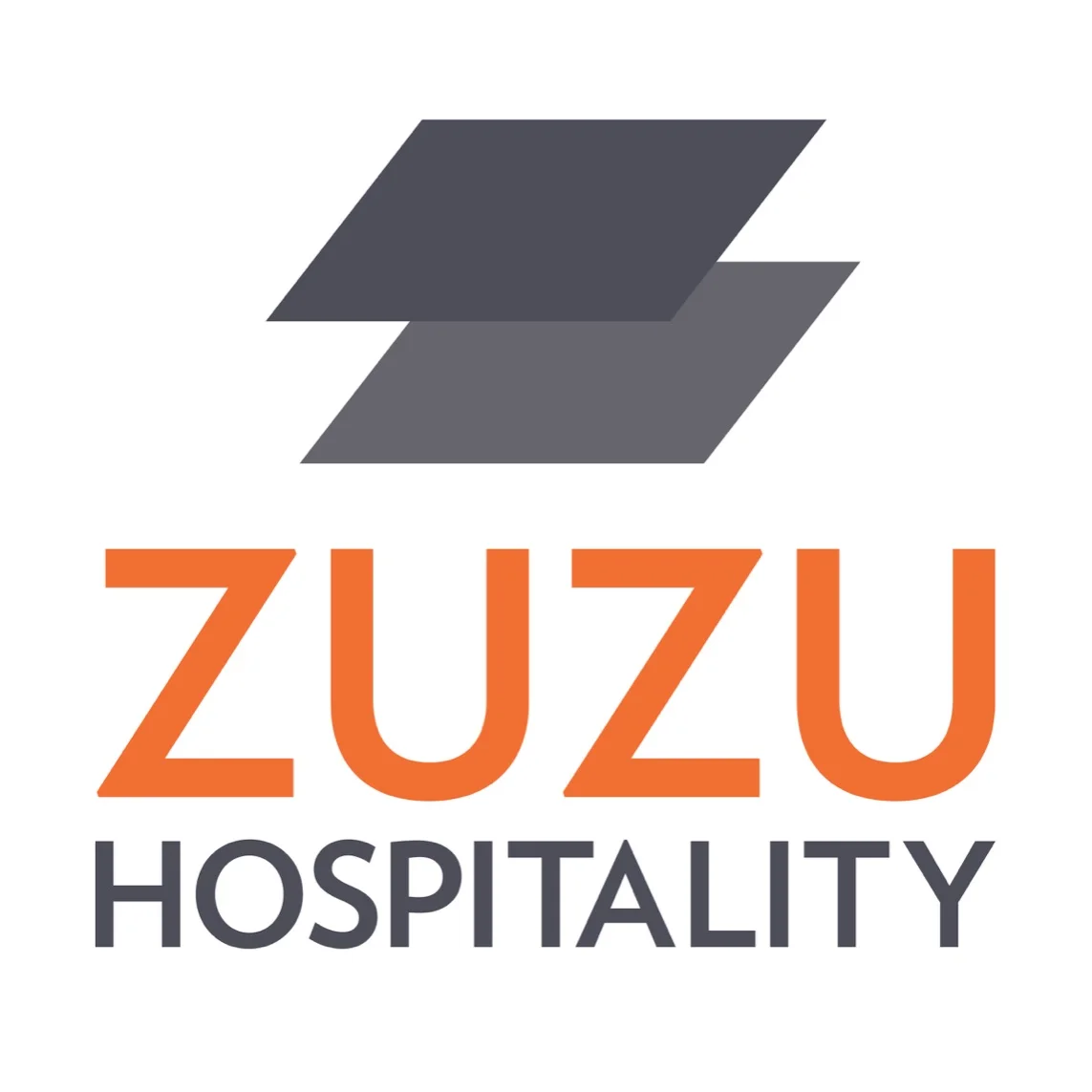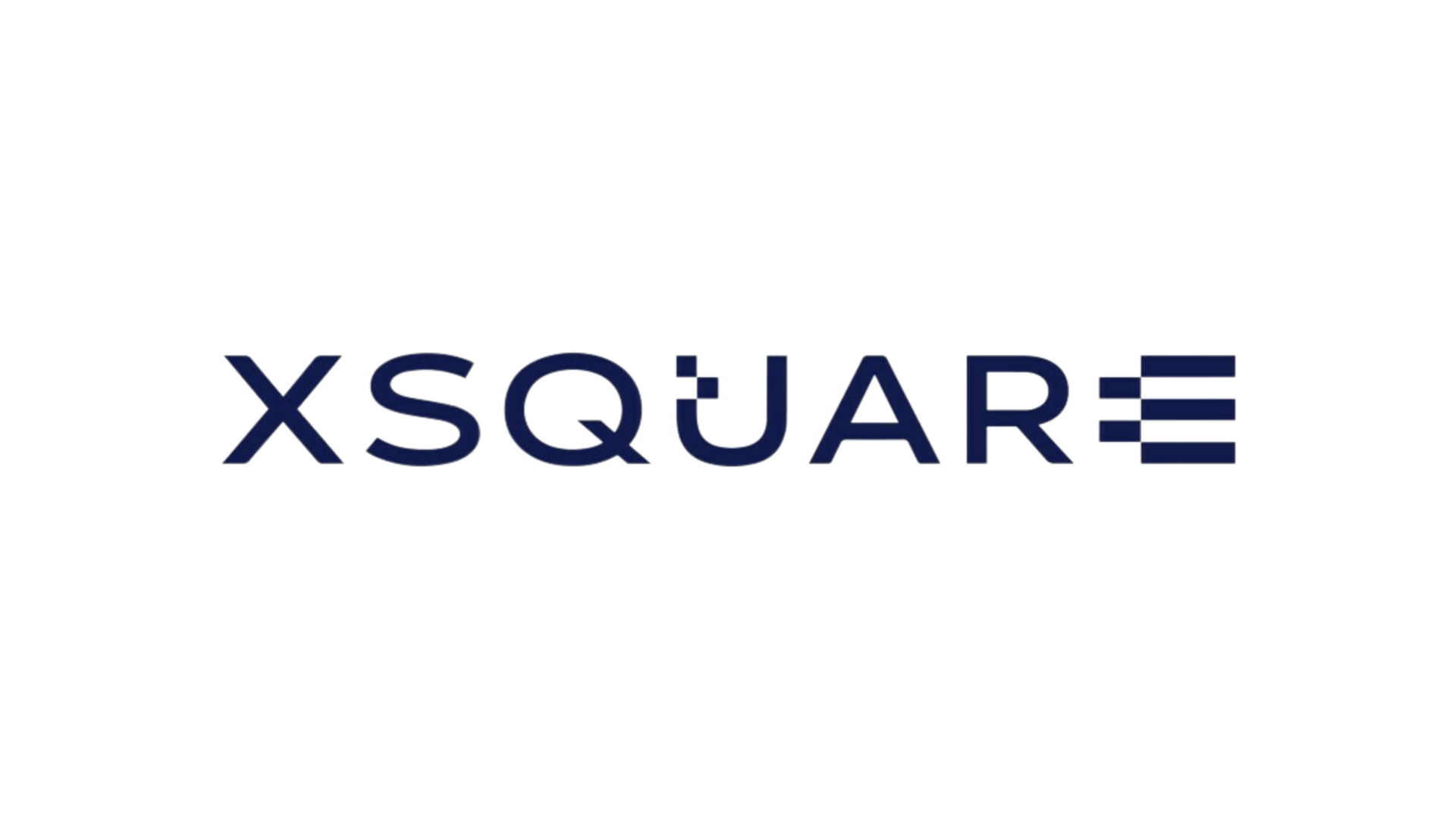
When things aren’t working as well as we’d like, we typically have three choices: criticise and complain, accept it and live with it, or try to do something about it.
This time, I’ve chosen to go with the third. I’m privileged to be part of the Monetary Authority of Singapore’s (MAS) Enterprise and Markets Workstream, where we aim to catalyse meaningful changes for Singapore’s equities market.
It’s not the first time people have asked, “How can we fix the Singapore Exchange?” or “What can we do to make the SGX better?” While these are valid questions, I believe they may only lead to incremental improvements. If we truly want a breakthrough, we may need to reframe the question.
What if we asked, “What can the Singapore equities market become the best in the world at?” Answering this requires us to be bolder, and I believe boldness is exactly what we need to make a real difference.
We can take some inspiration from NASDAQ, which stands for the National Association of Securities Dealers Automated Quotations. Launched in 1971 as the world’s first electronic stock market, it is now the world’s second-largest exchange by market capitalisation, right behind the New York Stock Exchange (NYSE). It achieved this by becoming the go-to exchange of high-growth technology companies. While this seems obvious today (hindsight tends to be 20/20), back then, it wasn’t.
High-growth tech stocks were deemed riskier than the more established, stable companies on the NYSE. This was especially evident when the dotcom bubble burst, with the NASDAQ index falling 77% from 5,048 to 1,139 between March 2000 and October 2022.
Yet NASDAQ survived and thrived. Why? Because ultimately, the sector and the companies came through. Today, it is home to the five most valuable companies in the world–Apple, Microsoft, Nvidia, Alphabet, and Amazon. It’s the dream listing venue of every startup. Unfortunately, it can’t accommodate every successful startup. When you have trillion-dollar companies on your exchange, how much attention do companies with US$3 billion or less market caps really get? When there’s strong market consensus on what the best high-growth tech companies should look like, how open and curious will investors be about companies that don’t quite fit the mold?
So what can the Singapore equities market be the best in the world at? This is anyone’s guess, but here’s mine: Singapore could lead the world in being the best equities market for companies in Emerging Market Innovation and Sustainability (EMIS).
Let me break this down:
- Emerging Markets – Singapore is ideally placed, with easy access to the young, growing, upwardly mobile populations of 2.7B in South and Southeast Asia. These markets still present countless problems to solve, which translates into opportunities to build unique and interesting companies. Apart from India, local exchanges are small with limited liquidity, and they likely aren’t geared to value and support unique, fast-growing companies. So even if any of these companies grow into market leaders, where can they really list?
- Innovation – I purposely didn’t use the word “technology” because that’s probably more relevant for developed markets. In emerging markets, you will typically need innovation which often means a combination of people, process, and technology. It may not be the most cutting-edge, but it’s about integrating hardware and/or offline components in ways that work for these markets. Silicon Valley might look down at this approach, but I believe it’s the right one for emerging markets. Developing unique combinations, techniques, and models can be the hallmark of emerging market innovation. This isn’t too different from how China created its own brand of innovation, distinct from the US, leading to its own models of success.
- Sustainability – And I don’t just mean climate. I’m talking about all the UN Sustainable Development Goals, “a universal call to action to end poverty, protect the planet, and ensure that by 2030 all people enjoy peace and prosperity.” Emerging markets have important problems to solve and these problems offer tremendous opportunities to create new businesses. These companies won’t look like companies from developed markets–but that’s exactly why they are exciting.
Emerging Market Innovation and Sustainability – I want to emphasise the conjunction “and.” The companies we will promote will be at the intersection of all three areas.

What can Singapore offer to earn a leadership role and win in this space?
- Access – Singapore is already the corporate headquarters of many potential EMIS startups in South and Southeast Asia. If we work to truly own this market position, it’s not hard to imagine the best startups from other emerging regions like Africa, Eastern Europe, and South America showing up here. It’s similar to how tech startups worldwide seek to list on NASDAQ.
- Governance – Singapore’s reputation for governance is well-established and this is where we can easily create significant value. Simply put, if we can ensure these emerging market-focused startups meet Singapore’s world-class governance standards, we can create a trust premium.
- Insight – This area will likely require the most work, but it absolutely falls into Singapore’s wheelhouse. We have enough intellectual horsepower here. Our students are known to ace global tests, and our universities and research institutes rank among the world’s best. Alongside our local population, we’ve attracted global talent who have chosen Singapore as their home. The key is to focus some of this talent on EMIS and build stronger bridges into emerging markets, creating new knowledge, insights, and understanding. This could become a whole new industry, enabling us to create alpha by investing in undervalued, underappreciated companies. Ultimately, we can be rewarded for bringing them into the spotlight and helping them succeed.
Where do we begin?
- We change our mindset. This will be the first step toward boldness. We must accept that the days of believing it’s easy to make big money are over. It’s time to let go of the notion that simply copying “proven success models” from more developed markets and burning cash to grow at all costs is the only way to attain venture-grade returns. Rising interest rates have forced a reality check. The opportunity now is to explore opportunities with openness and curiosity, to have the courage to think for ourselves and to act on our own conviction, and to be savvy enough to get it right enough of the time. We must also be ready to accept that just like Singapore, small can be beautiful and building anything of significant long-term value will be difficult. If we embrace this, we stand a chance.
- We commit. Singapore already boasts the third-highest GDP per capita in the world, but we must avoid complacency. EMIS could serve as the next major growth engine for Singapore, presenting a unique window of opportunity. We can’t afford to overanalyse or hesitate. If we don’t seize the “best at EMIS” position now, another market will. Moreover, if our current crop of startups fails to achieve successful exits, it will undermine the ability of venture capital firms to raise new funds, potentially stalling the vibrant ecosystem we’ve worked hard to build. Committing to EMIS will require substantial investment, patience, and perseverance. But as I often say, never bet against Singapore once it sets its sights on a goal. With the right focus and determination, I’m confident Singapore can lead in this space, just as it has in so many others.
- We succeed. Every journey of a thousand miles begins with a single step. In this case, I imagine it may take four to five successful EMIS IPOs to get started. These will likely be differentiated, perhaps even first-of-its-kind EMIS startups, with defensible business models and solid unit economics. They will have scaled enough to be profitable or close to it. Their market caps could range from US$300 million to US$3 billion, but they’ll be priced sensibly so there’s still upside for IPO investors. Their growth prospects will need to be strong enough to attract long-term investors. If the first few listings succeed, the virtuous cycle can begin.
Previous wins include eFishery’s Series C round in 2022 and Growsari’s Series B in 2021 MANILA & SINGAPORE, 27 SEPTEMBER 2024 – Wavemaker Partners, Southeast Asia’s leading venture capital firm investing in Enterprise, Deep Tech, and Sustainability startups, has won ‘VC Deal of the Year’ at the 32nd Annual Singapore Venture Capital & Private Equity Association (SVCA) […]
Read moreThe company will use the funds to expand to US and Southeast Asia markets,including the Philippines SINGAPORE, 17 SEPTEMBER 2024 — Checkmate, the fast-growing provider of comprehensive pre-employment screening solutions, is thrilled to announce the successful completion of its Seed funding round, securing over US$1.6 million (NZD 2.7 million) from Wavemaker Partners, Southeast Asia’s leading early-stage VC investing […]
Read moreFunding Will Support Advances of Tour Amigo Products and North America Expansion BRISBANE, QLD, 4 September 2024 — Tour Amigo, one of the fastest-growing B2B SaaS companies in the travel industry, announced today that it secured US$2 million capital in a Seed round led by Singapore-based venture capital firm Wavemaker Partners followed by 500 Global. This […]
Read moreWhile I have my conviction in Emerging Market Innovation and Sustainability, I recognise that there are many paths forward, each with its own risk/reward balance. There are no silver bullets. However, I also understand that if you try to be everything to everyone, you end up serving no one.
I leave you with the same question: What could Singapore’s equities market be the best in the world at? And if you care enough to do something about it, please do. If we work together to find the right answer, it could have a profoundly positive impact on our country’s future.
Lead image by Mike Enerio/Unsplash







